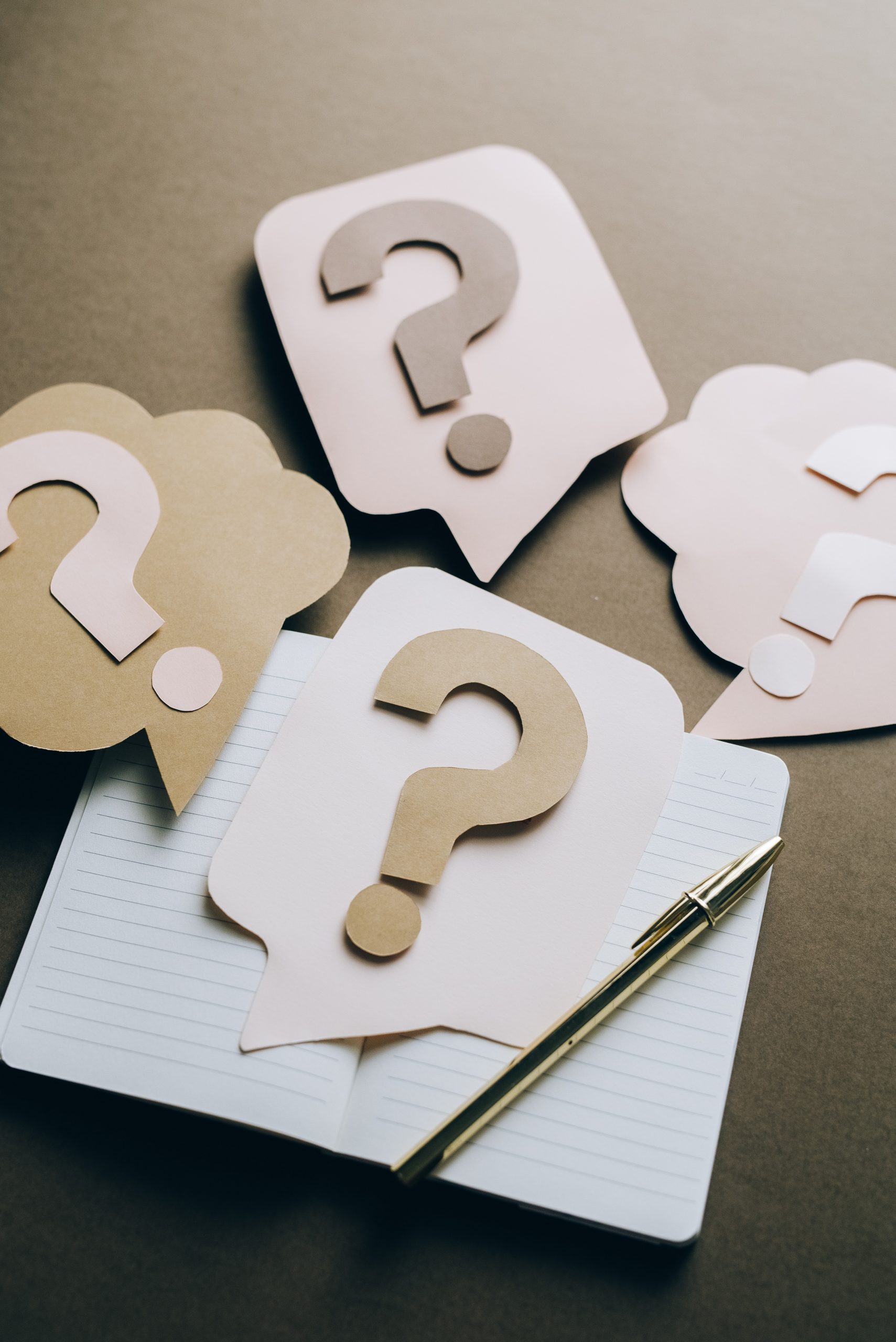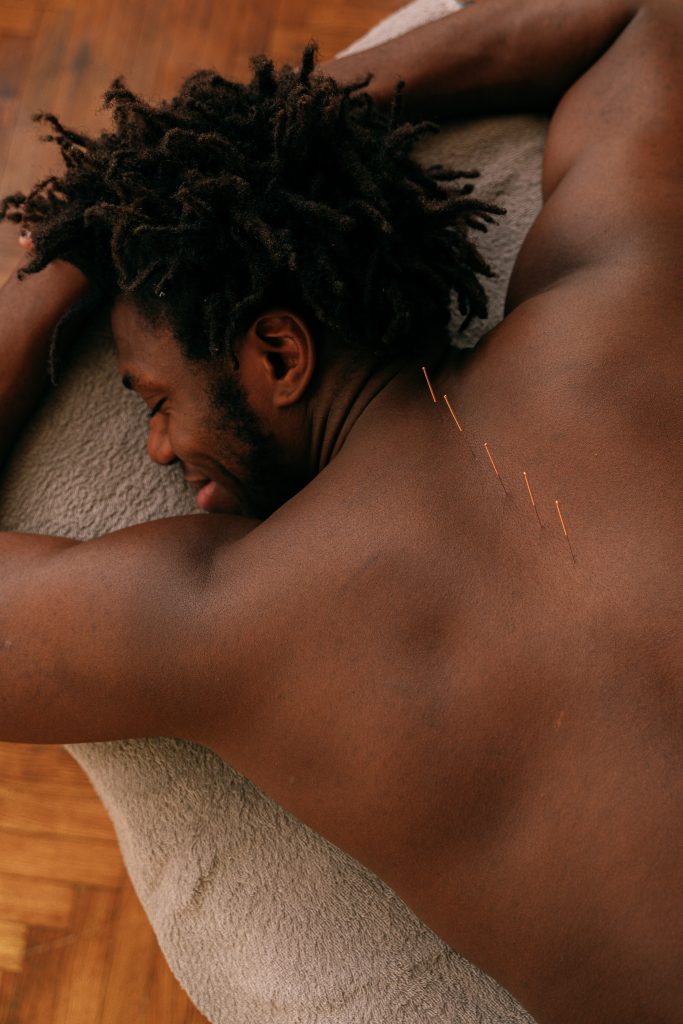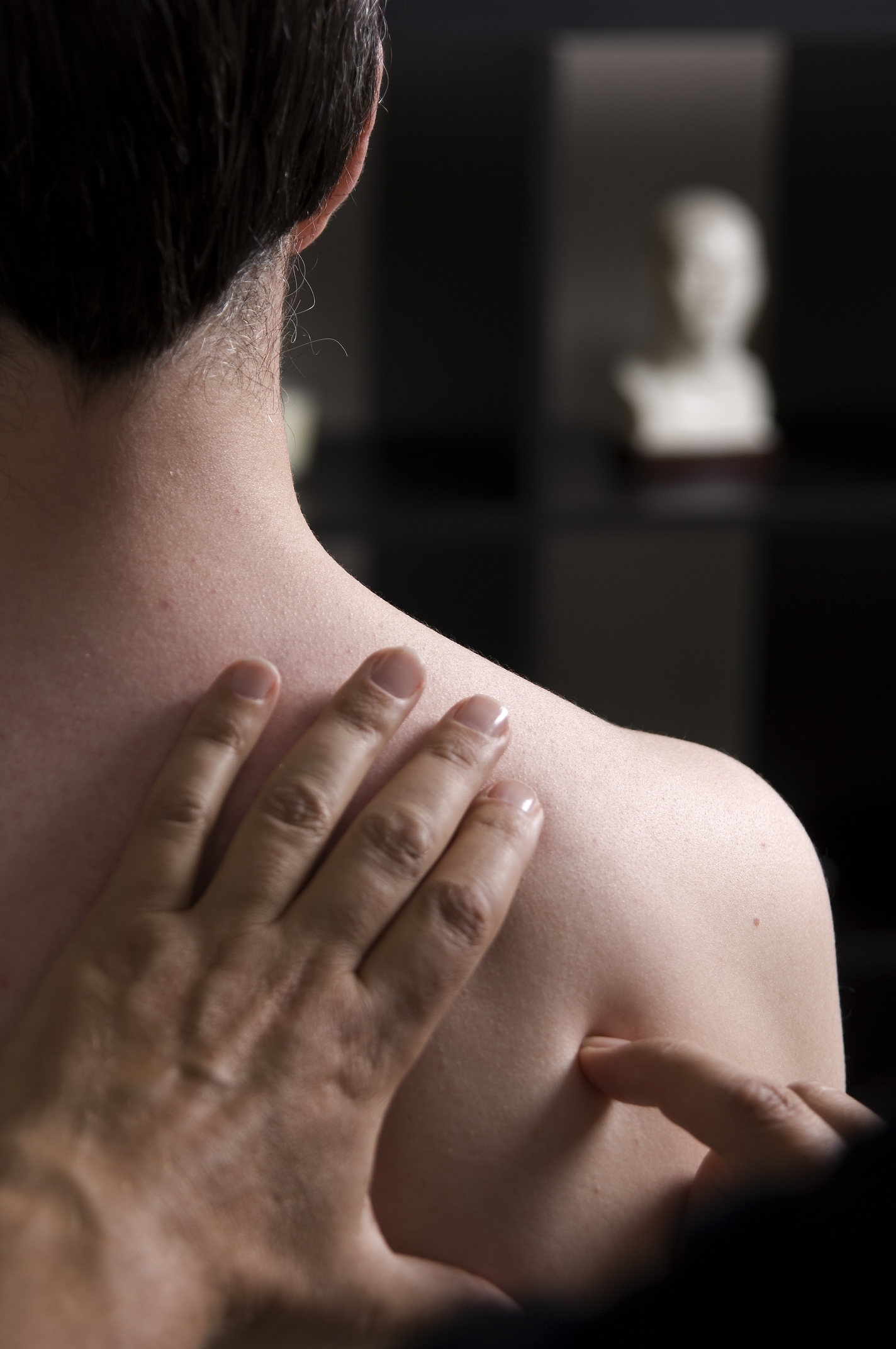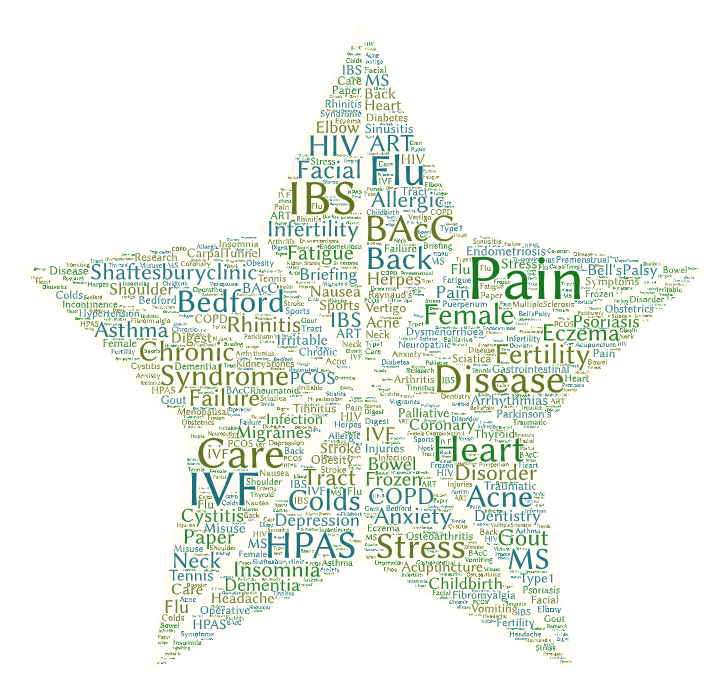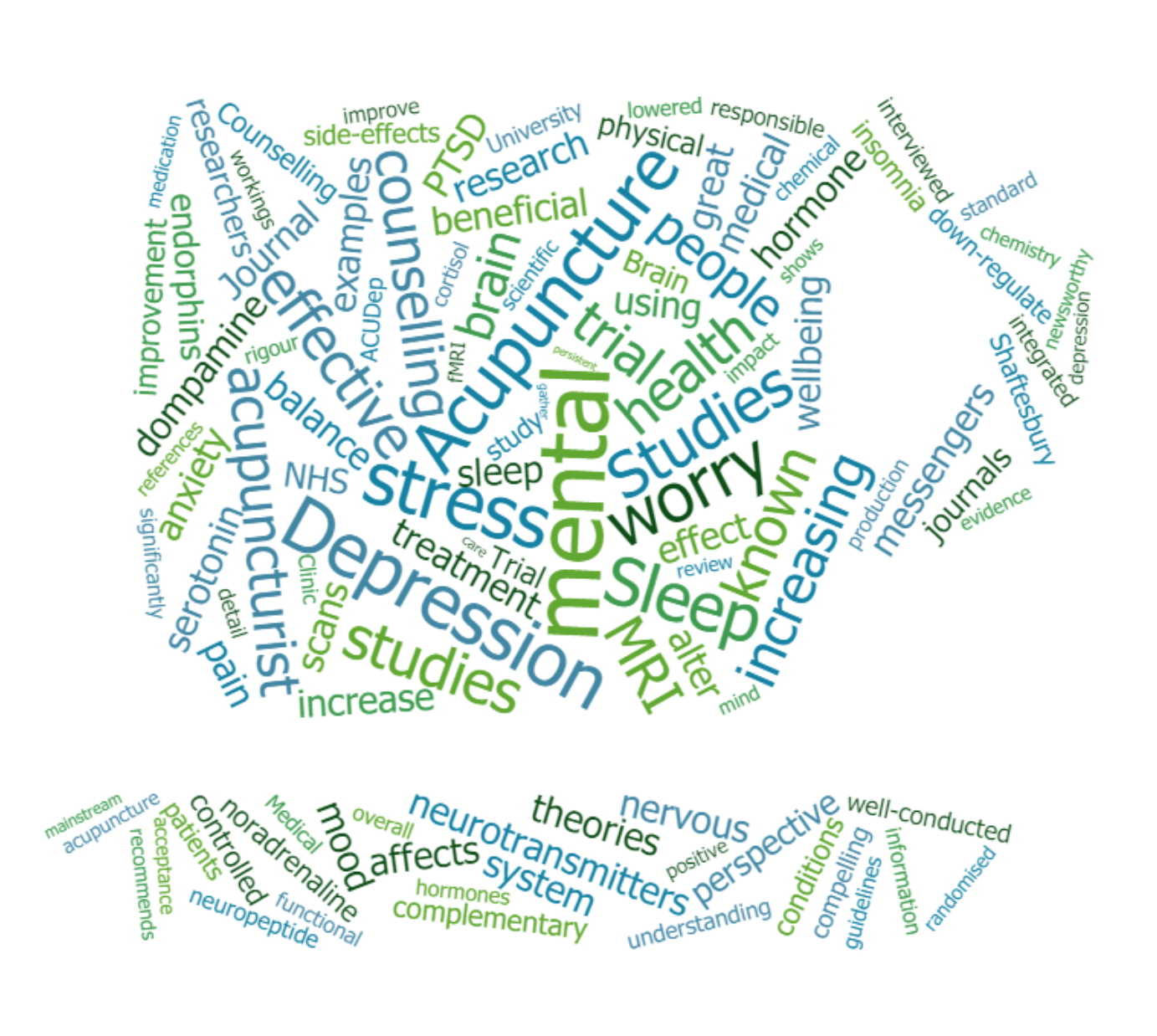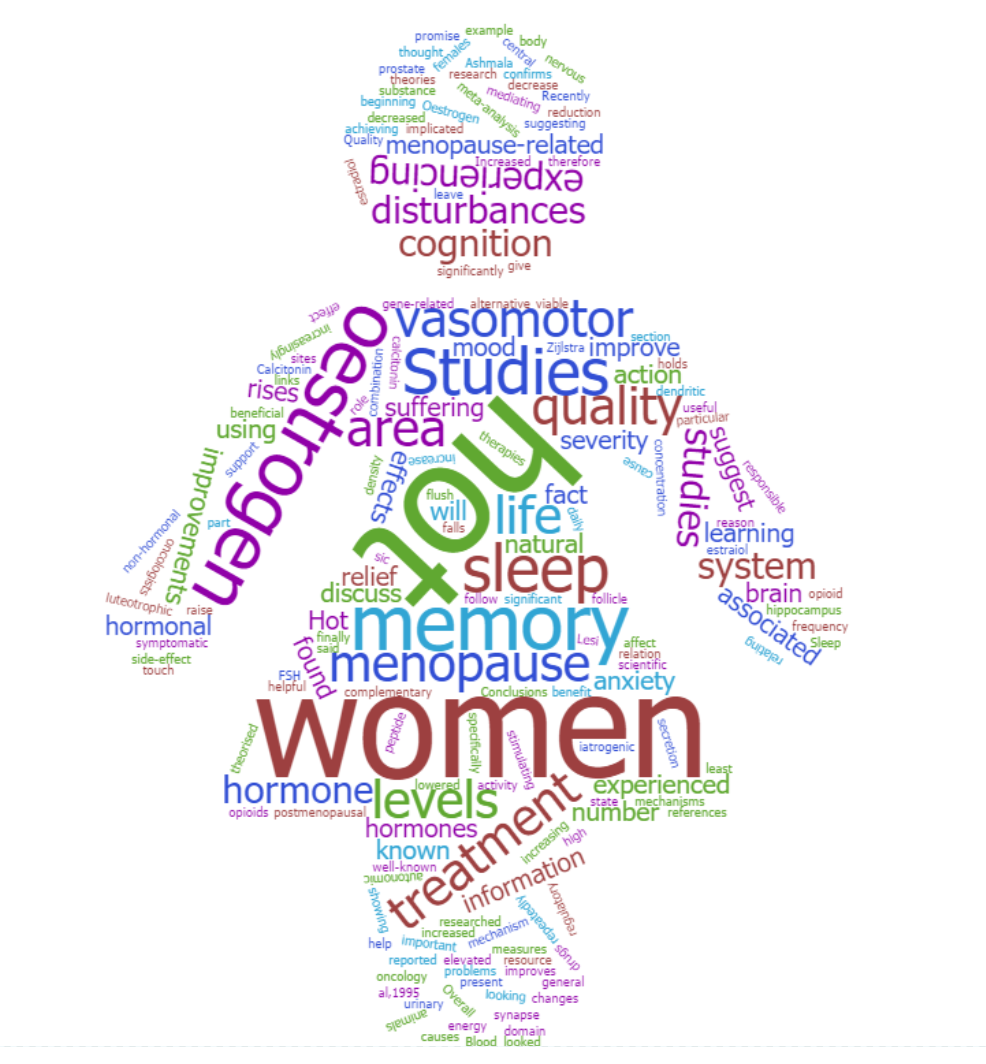Important to know: Chronic health conditions should be addressed under direct medical supervision of your GP or consultant, and acupuncture would be an adjunct or complement to usual care – we advise that you let you doctor know when you use this approach.
Roughly 1 in 6 of us experience anxiety, and there has been a modest increase in this during the Covid pandemic – a recent study finding a prevalence of 21.6% at present in a representative sample of the UK population (Shevlin et al, 2020).
The British Acupuncture Council have produced an evidence-based factsheet on Anxiety and acupuncture research, including details of the research studies done (link below) and you can also find and read the original research from this resource.
Any research articles referred to on this page (and on the BAcC helpsheets) are listed in full in the References section at the foot of the relevant page. Within the text, where studies are quoted as sources of the information being given, the first author’s name and the year of the paper is used (as authors usually have numerous publications), with the full title, journal, etc listed in the References section, in alphabetical order by Author surname to enable identifying and finding the original source paper.
A Large and Growing Body of Research:
A scholarly search of the available research studies on “acupuncture and anxiety” reveals over 20,800 papers from journals, and narrowing this to “RCT” leads to over 1,500 hits, of which 57% have been carried out since 2017. This demonstrates that acupuncture is being used traditionally and currently in this area; widely scientifically researched, and that the pace at which this research is being carried is increasing – leading us to contend that this is an area worthy of scientific appraisal and consideration.
Interpreting the research:
When reading health research, it is important to know that Systematic Reviews or Meta Analyses of a large number of high-quality research studies are the very best way to be able to say to what extent a given treatment can address a condition, symptom, or set of symptoms. The next best level of evidence is the individual Randomised Controlled Study (RCT) which uses a systematic technique to compare two or more groups of patients receiving different treatments (or a treatment against a “control”, or no treatment). In acupuncture trials, the nature of the control group is of particular interest as it is hard to blind a patient to whether they are having a needle inserted or not, and even more challenging to blind the researcher/team to this.
The means and quality of how research is carried out varies considerably from country to country, and in terms of how an intervention is compared to another intervention (or a control). Of note is the fact that “sham” acupuncture (where needles are placed in apparently inert locations rather than traditional acupuncture points) is not really an inert process as it has physiological effects, so that comparing sham and “true acupuncture” may therefore not give a clear picture alone; but and form a part of a research body where acupuncture versus no treatment, vs conventional treatment or vs a different approach/modality also form part of the evidence base.
The n= figure (where quoted in research) tells you how many people were participants in the study, and usually the larger a study (when it is of good quality and design), the more likely it is to be reliable and applicable to larger populations. When (statistical) “significance” is discussed in view of studies it has a very particular meaning – it is the confidence in the data (using statistical tests) that tells us how likely a result could have just come about by chance. The lower the possibility of a chance result, the more likely it is due to the intervention in the experiment. When you are reading a trial/study, the “p” is the number telling us of significance, and this must be under 5% (or p less than 0.05) to mean we can say it is a (statistically) “significant” result.
The Research:
Evidence lies in a positive direction for the use of acupuncture, which is safe, and can be used alongside other modalities. The British Acupuncture Council (BAcC) works with the charity Anxiety UK to provide acupuncture for this condition, and the researchers have generalised anxiety outcomes data from acupuncture patients having a course of six acupuncture treatments, with preliminary results very encouraging (n=30 – see BAcC research digest – link below).
A systematic review and meta-analysis (Au et al, 2015) of the effects of acupressure on anxiety, in 7 RCTs in adults from the anticipation of surgery or treatment, their finding was that treatment was well-tolerated and beneficial. A systematic review and meta-analysis (Church et al, 2018) examined 6 studies (n=403), found that the tapping of acupuncture points is an active ingredient in emotional freedom technique (EFT).
The BAcC Research Digest discusses several recent trials and reviews, including:
An RCT where a statistical difference in anxiety levels was found for hospital nursing staff receiving an acupuncture protocol after 10 sessions (Kurebayashi et al, 2017; n=180);
A systematic review (13 papers) found encouraging evidence for acupuncture in anxiety disorders, and giving few side effects (Amorim et al, 2018), although they noted trial quality was variable, meaning further well-designed RCTs are warranted. Another review (Goyatá et al, 2016) looked at 67 articles for anxiety and acupuncture, stating that this is a promising area and echoing the call for further research.
Mechanisms of Action:
As per the British Acupuncture Council’s factsheet, there are many physiological studies on animals and humans looking at brain scans (fMRI), as well as levels of hormones and neurotransmitters in blood and other bodily fluids after acupuncture treatment that have shown effects of the treatment on downregulating the response to pain and stress in the body, particularly in the limbic system (for example Hui et al, 2010; fMRI in humans).
Resources:
British Acupuncture Council evidence based factsheet about anxiety including specific research, trials and mechanisms of action for acupuncture in this condition.
British Acupuncture Council Research Digest – Anxiety Section (towards base of document)
BAcC Stress Factsheet
BAcC Depression Factsheet
Our own Blog on Acupuncture, Anxiety and Stress
References:
Amorim, D., Amado, J., Brito, I., Fiuza, S.M., Amorim, N., Costeira, C. and Machado, J., 2018. Acupuncture and electroacupuncture for anxiety disorders: a systematic review of the clinical research. Complementary therapies in clinical practice, 31, pp.31-37.
Au, D.W., Tsang, H.W., Ling, P.P., Leung, C.H., Ip, P.K. and Cheung, W.M., 2015. Effects of acupressure on anxiety: a systematic review and meta-analysis. Acupuncture in Medicine, 33(5), pp.353-359.
Church, D., Stapleton, P., Yang, A. and Gallo, F., 2018. Is tapping on acupuncture points an active ingredient in Emotional Freedom Techniques? A systematic review and meta-analysis of comparative studies. The Journal of nervous and mental disease, 206(10), pp.783-793.
Hui, K.K., Marina, O., Liu, J., Rosen, B.R. and Kwong, K.K., 2010. Acupuncture, the limbic system, and the anticorrelated networks of the brain. Autonomic Neuroscience, 157(1-2), pp.81-90.
Kurebayashi, L.F.S., Turrini, R.N.T., Souza, T.P.B.D., Marques, C.F., Rodrigues, R.T.F. and Charlesworth, K., 2017. Auriculotherapy to reduce anxiety and pain in nursing professionals: a randomized clinical trial. Revista latino-americana de enfermagem, 25.
Shevlin, M., McBride, O., Murphy, J., Miller, J.G., Hartman, T.K., Levita, L., Mason, L., Martinez, A.P., McKay, R., Stocks, T.V. and Bennett, K.M., 2020. Anxiety, depression, traumatic stress and COVID-19-related anxiety in the UK general population during the COVID-19 pandemic. BJPsych Open, 6(6).
Takamatsu Goyatá, S.L., Valcanti Avelino, C.C., Marques dos Santos, S.V., Inácio de Souza Junior, D., Lopes Gurgel, M.D.S. and de Souza Terra, F., 2016. Effects from acupuncture in treating anxiety: integrative review. Revista brasileira de enfermagem, 69(3).


